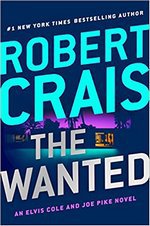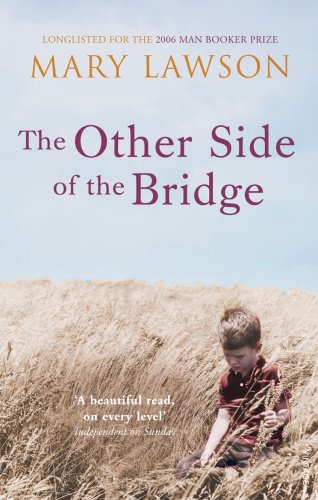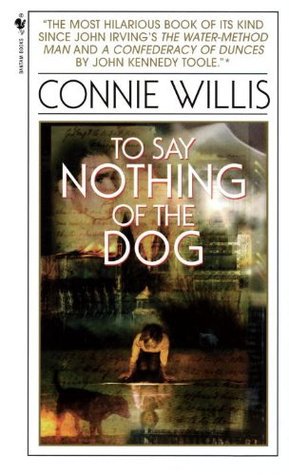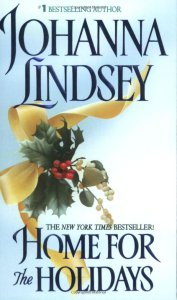- Diary of a Rock n’ Roll Star
- by Ian Hunter
- Copyright 1974
- Publisher – Panther
- 159 pages (of tiny type)
Rating – 7/10
Summary – In late 1972, Ian Hunter’s band Mott the Hoople was on the cusp of fame. To boost their single “All the Young Dudes,” they undertook a 5-week tour of the U.S. Hunter kept a diary and later published it. His Diary is a great time capsule that provides a behind-the-scenes look at the rock n’ roll life. While the book is enjoyable, the reality of life on the road is an endless grind and the book’s narrative can bog down in places.
Review – Rock n’ roll books have always been a guilty habit for me. Ever since my teens, I’ve enjoyed these debauched, sometimes-true tales of people who live far outside the normal bounds. Within the past few years, I became aware of the existence of Ian Hunter’s Diary of a Rock n’ Roll Star.
Given the book’s many fans, I really wanted to read it. However, the prices for a copy (often $150+), kept me from reading it. Fortunately, a local library recently tracked down a copy for me through interlibrary loan.
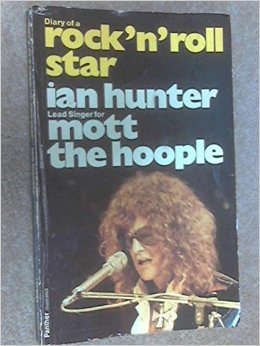
Behind the Curtain
Books that promise to give us “the inside story” are commonplace these days. We all seem to want to know what happens when we’re not watching. Ian Hunter offers one such look in his Diary. To Hunter, rock n’ roll touring is a grind – one nighters in far-flung locales, cookie-cutter hotel rooms, and constant indigestion. The aspect of Diary that hits the reader is the contrasts – the fleeting moments of ecstasy and the long, hard slog to get there.
One aspect that surprised me was how often Mott cancelled its gigs. Hunter says that if the promoter failed to live up to the contract, Mott would walk. On their 1972 tour, they certainly did that. In one of their first scheduled gigs, they walked away from the chance to play for 35,000 people at the Los Angeles Coliseum.
Another surprise is Hunter’s childish glee at going to Elvis Presley’s Graceland. Hunter arrives at night, uninvited, sneaks past the guards, and shoves leaves into his pockets to give to his friends who are stuck at the gate. Hunter then walks around the back of the house and… I won’t spoil it.
A Self-Described “Poser” (p. 89)
The Hunter who emerges in this book is mostly likable, but he has a few hard edges. When not covered up in tour life, he spends his time prowling pawn shops searching for deals on old guitars, watching movies on planes and in hotel rooms, and remarking on what he sees from airplane windows as he scribbles in his diary. Planes fascinate Hunter and he enjoys writing about flying.
He can be revealing about himself, as when he discusses how he sees employment in a regular job:
I remember a kindly prospective employer – ‘And if you work five years you get this … and if you put in 10 years you get that … Syd over there (Syd being some kind of factory superstar) has been with us 45 years. Your pension scheme is this, we run a life insurance scheme so when (‘when’ not ‘if’) you die your family gets this… .’
You ain’t having my body and mind mate – they belong to me. I’d rather jump off a f—in’ bridge (p. 108).
I like that passage, but it also hints at why some of Hunter’s commentary is unappealing. His dislikes are aimed at predictable targets – America’s middle class, the music press, America’s treatment of blacks and Indians, etc. Once you recognize that Hunter wants to be seen as a hipster, some of his commentary is superfluous – you can guess what he’s going to write before you read it.
Hunter is more revealing (intentionally or not) when he rants about a flight attendant – “Birds who come on like that need a good punching. It’s the only way to keep them quiet and it knocks some sense into their stupid, thick heads” (p. 110). And at another point, he refers to a group of women as “slags” (p. 31). By contemporary standards, Hunter is a sexist.
Another politically-incorrect scene involves Hunter trying to get some black porters in Detroit to help him with his bags. The porters won’t help Hunter because – Hunter says – they hate white people.
In the end, Hunter is a good tour guide, but he lacks the insight of Bob Dylan (in Chronicles) and he’s revealing only to a point. (He mentions in passing that he has two children whom he rarely sees, but provides no other information). Despite the fact that Hunter pulls a few of his punches, the reader comes away from Diary with a good sense of Hunter as a person.
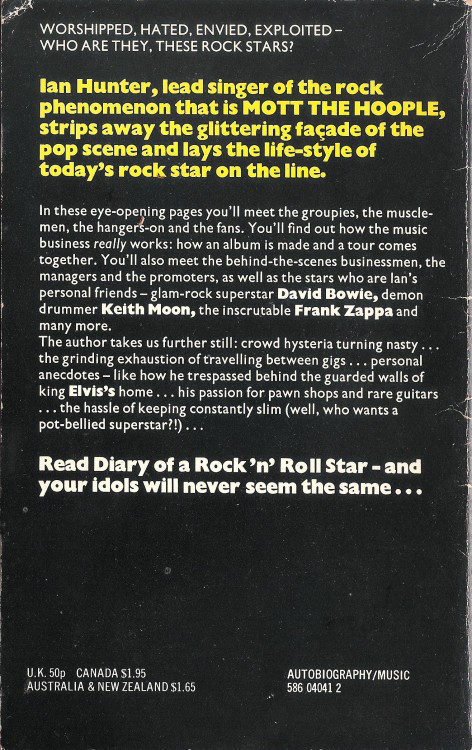
Rock n’ Roll Fantasy
Once in a while, all of the stars line up, and Mott lives the life of their (and our) dreams. The party following the last gig of the tour in Memphis (with Joe Walsh’s short-lived band Barnstorm) will stick with readers –
The eighth floor looks like Rome. All of Barnstorm are there, Rock playing harp stridently and Joe Walsh, completely out of his head playing beautiful bottleneck. I sat with him a while and back him on my old Echo – he was playing Pete’s Martin. People I’ve never seen asleep on beds and myself and a bird roll a couple of guys off Buff’s bed onto the floor and drag Buff in from where he collapsed in the hallway undressing him and shoving him into bed. Stan, the eternal shepherd, was drunk, but still watchful. Bob Goddard naked but for gaily painted knickers talks earnestly to two young people on the floor. Champagne and bourbon bottles, 7-Up, Coke, a million cigarette butts, unknown faces, my hand aches from the shaking it’s done, and I finally slam my door – happier than I’ve been. A great night to end a real breakthrough tour. I’ll suffer for this tomorrow (p. 155).
After the Show
Mott never quite made it, at least in the U.S. “All the Young Dudes” was their only hit and the band broke up within a few years of Diary. It would be fascinating to know Hunter’s current take on why Mott remained only a cult favorite.
While I enjoyed Diary, the prices for the book are exorbitant. See if your local library can help you track down a copy.
Of the books that I’ve read on rock n’ roll tours, my favorites are Stanley Booth’s The True Adventures of the Rolling Stones and Robert Greenfield’s STP – Stones Touring Party. Still, taken on its own merits, Diary is enjoyable and – unlike the books I just mentioned – it is written by a performer who is on the inside looking out at us, the rock n’ roll fans.
Advertisements Like this:Like Loading... Related
